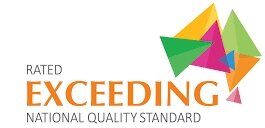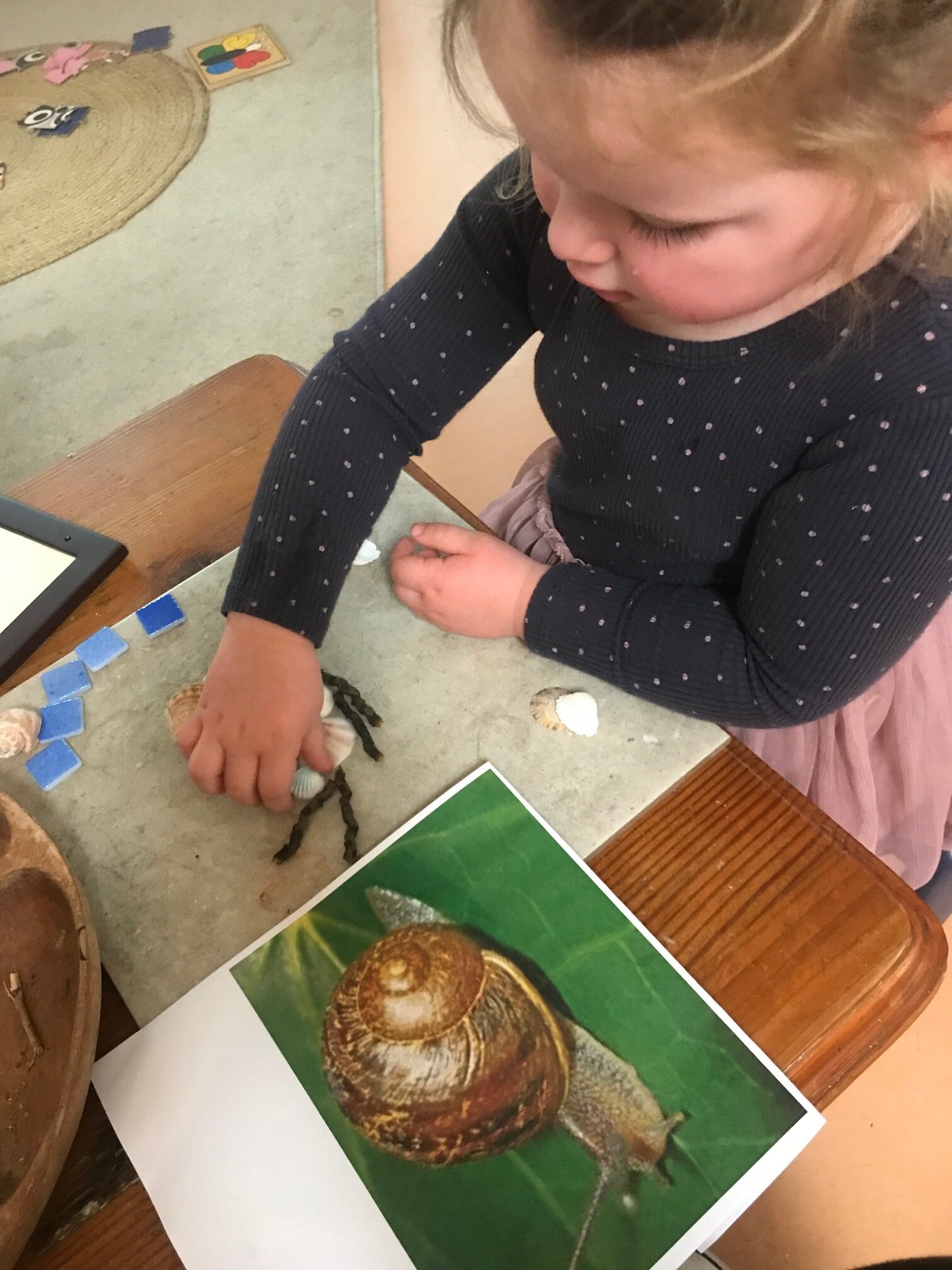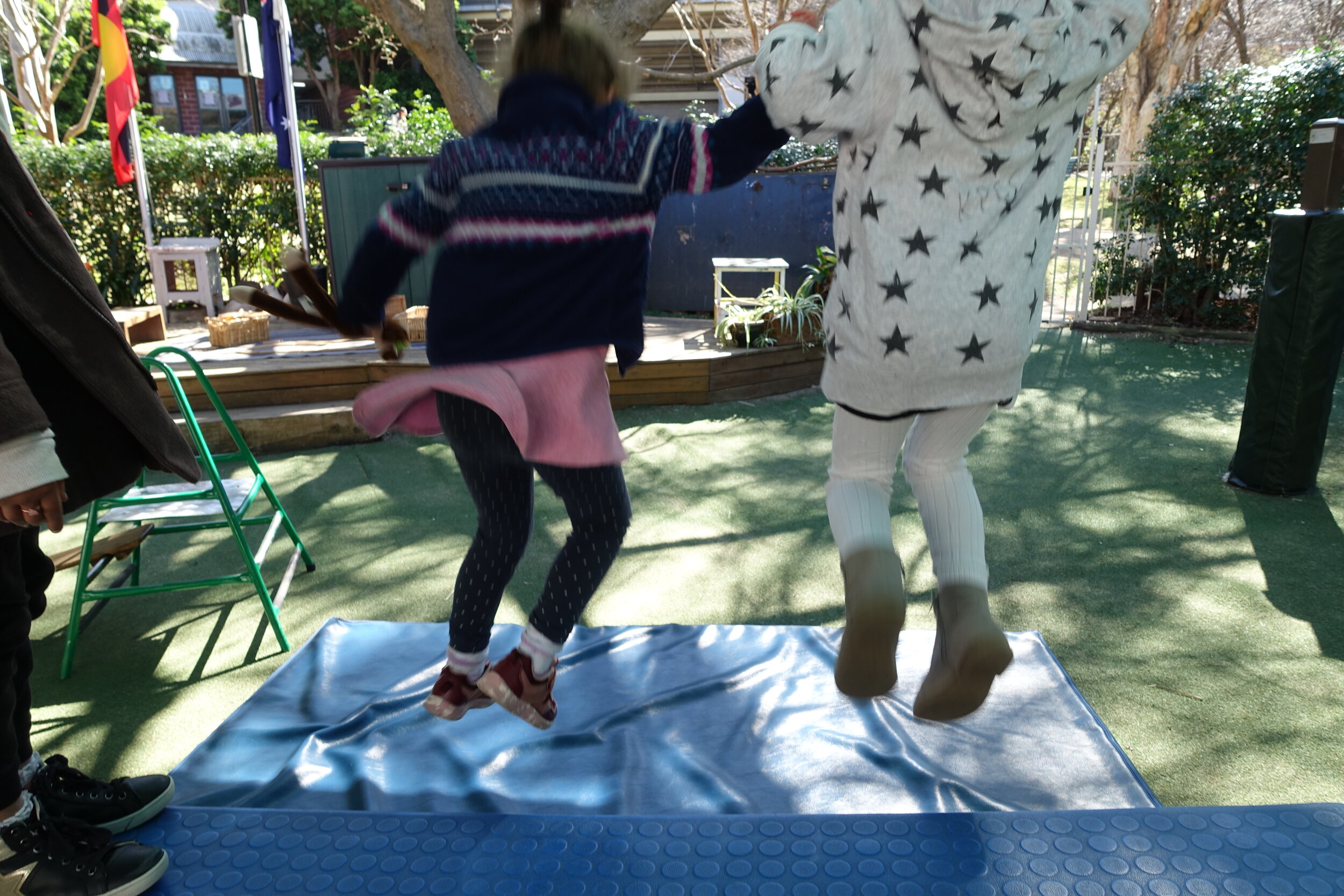Our Program
Curious - Capable - Caring
Early childhood is an exciting and "vital period in children's learning and development" (DEEWR, 2009, p.5) as they explore their identity of ‘belonging’ 'being' and 'becoming'. Drawing on our philosophy, of each child being unique, inquisitive, and competent and empowered to co-construct theories, we provide a learning environment that is supportive, flexible, stimulating and challenging. We believe children want to explore and have a right to their voice in their learning. Children are supported and motivated and guided by their parents/guardians (the first teachers), KPCC primary educators (the second teachers), their learning environment (the third teacher) and their peers.
What is Curriculum?
Curriculum planning is a form of on-going documentation and is used to support the implementation of a collaborative journey of learning. This is guided hand in hand by the children’s' interests, capabilities, relationships and needs, the parent's voices and the teacher's / educator’s professional inquiries and pedagogies. Curriculum plans illustrate and advocate the continual learning of children in an education and care service as a group and as an individual. Through this educators are able to communicate and reflect to families, children, ourselves and other educators how learning is evolving.
Curriculum: in the early childhood setting curriculum means ‘all the interactions, experiences, activities, routines and events, planned and unplanned, that occur in an environment designed to foster children’s learning and development’. (Adapted from Te Whariki EYLF 2009 p.9)
The Curriculum Planning Cycle
Kelly’s Place believes that an "ongoing cycle of planning, documenting and evaluating children's learning underpins the educational program and involves educators in critically thinking about what is offered and why" (ACECQA, 2011. p.22). Kelly's Place’s curriculum is planned within the context of the individual child and the child within a group.
Our Curriculum involves:
Respective relationships, attachments and partnerships
A curriculum planning cycle
Early Years Learning Framework
Learning dispositions (enduring habits of mind and action) such as curiosity, resilience, motivation, persevere
Developmental milestones
Intentional play teaching
Spontaneous play teaching play based experiences
Child development theories
Excursions within our North Sydney Council community (for example: North Sydney Stanton Library, The Coal Loader, St Thomas Rest Park, St Leonards Park and local shops and areas of interest within our community)
Individual and group learning goals
Educator reflective practice
Various forms of documentation





